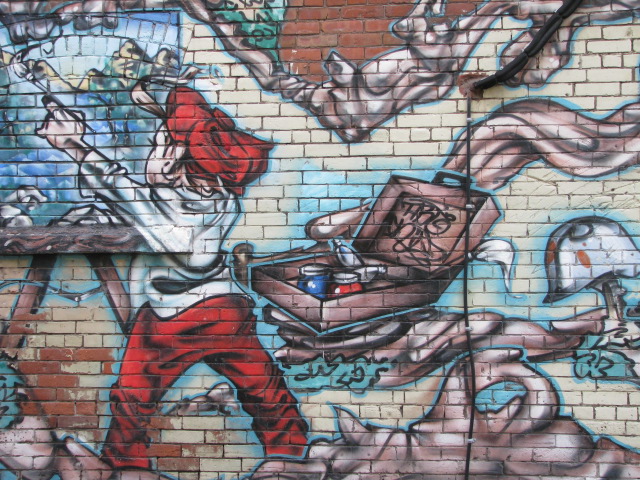 The biggest news (officially announced here) is the Middletown Library's grand opening, which took place yesterday, so hurry over there today to check out the goods! 21256 Washington St. (in Middletown, obv.).
The biggest news (officially announced here) is the Middletown Library's grand opening, which took place yesterday, so hurry over there today to check out the goods! 21256 Washington St. (in Middletown, obv.).Recently I got off my figurative lazy butt (I am still on my physical lazy butt, healing from a stress fracture. Thank you to my dear friends who've been praying!) and checked out the Lake County Arts Council page for upcoming literary events. Holy cow, there are tons of things going on. Here, I listed mostly writing events, but there are also other poetry, art, cinema and theater events going on. If you want to know more, check it out here.
A 2 Day Writing Retreat with Clive Matson will take place at the Lake County Arts Council Gallery, 235 Main St in Lakeport on April 20 4-6pm-April 21 10am-5pm. It will be put on by Poets and Writer's, Inc through a grant from the James Irvine Foundation. Clive Matson writes poetry, short stories, essays and plays. He has led writing workshops for twenty-five years, holds an MFA in poetry from Columbia University, and teaches at UC Berkeley. This is the big time, Scribblers!
Apparently there is also an ongoing writing group at the Lower Lake Historic Schoolhouse Museum for writers of all levels and genres. The best thing: it's free. I attended a similar group once at the Arts Council in Lakeport, and some great writers took part in the group critiques. If you're looking for a crit group, these meetings in Lower Lake might be just the thing for you. They run from 1-3 or 4 pm on the 2nd Wednesday of each month.
And, finally, the 6th Annual Mendocino Lit Fest at Mendocino College (1000 Hensley Creek Road, Ukiah CA.) is coming up on April 20th from 10am-4pm. This festival hosts writing contests, author readings and other celebrations of the written word. Last time I went, I got to attend a writing workshop by Jodi Gehrman, a Young Adult fiction author and my first writing instructor. This is always a good time.
On May 2nd, there will be a free Writing Workshop at the Main Street Gallery in Lakeport from 6:30-8:30. Lake County's form Poet Laureate, Mary McMillan will be there.
The Fifth Annual Lake Renaissance Festival is coming up! How cool, right? It's on Memorial Day weekend, May 25th-26th at The Tuscan Village, a winery: 16175 Main. St. Lower Lake.
I hope you get to attend some of these exciting events, friends!
Works Cited:
Cook, Jan. "Lake County Library's Calendar of Events for April 2013." 12 April 2013. Web.
"Grand Opening Announced." County of Lake California: Library. 12 April 2013. Web.
<http://www.co.lake.ca.us/Government/Directory/Lake_County_CA__Library.htm>
"Shortcuts to the Near Future." Lake County Arts Council. 12 April 2013. Web.
Photo Attribution:
By Stefan Doering (Own work) [Public domain], via Wikimedia Commons















